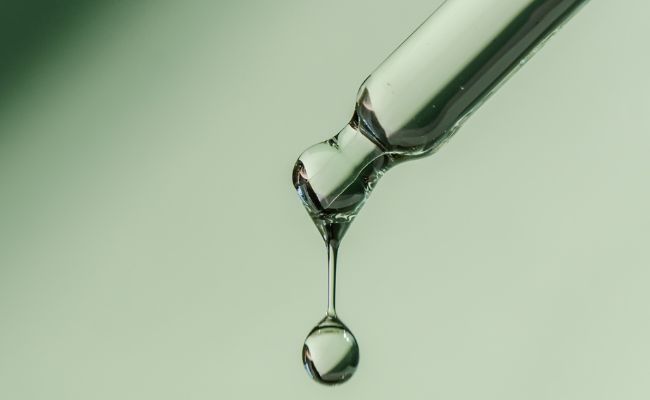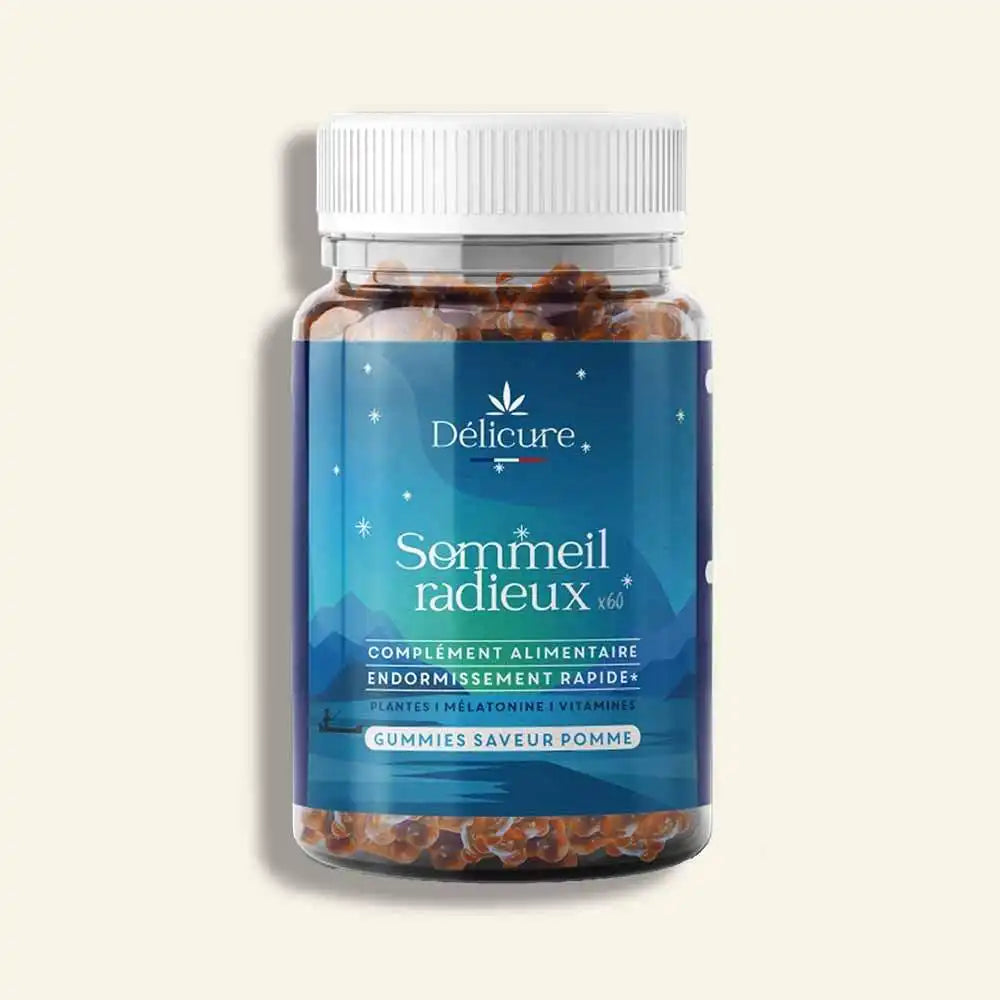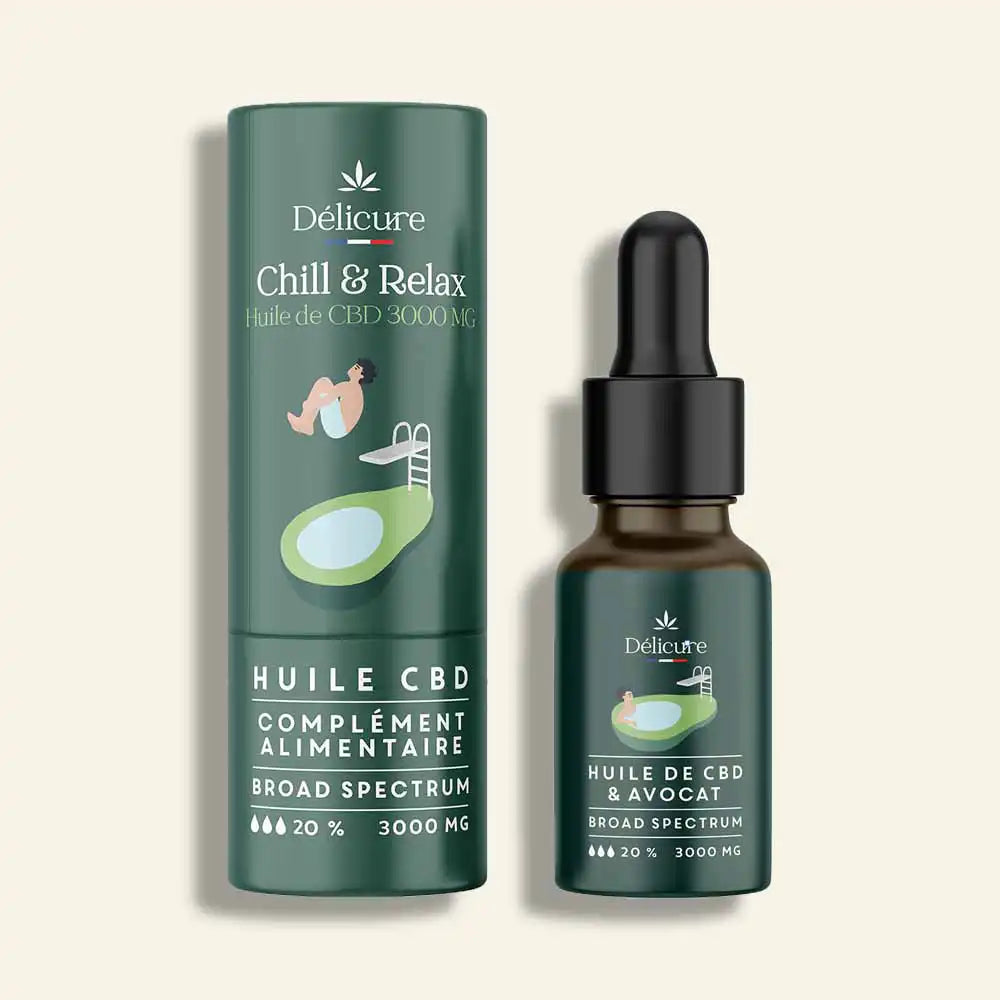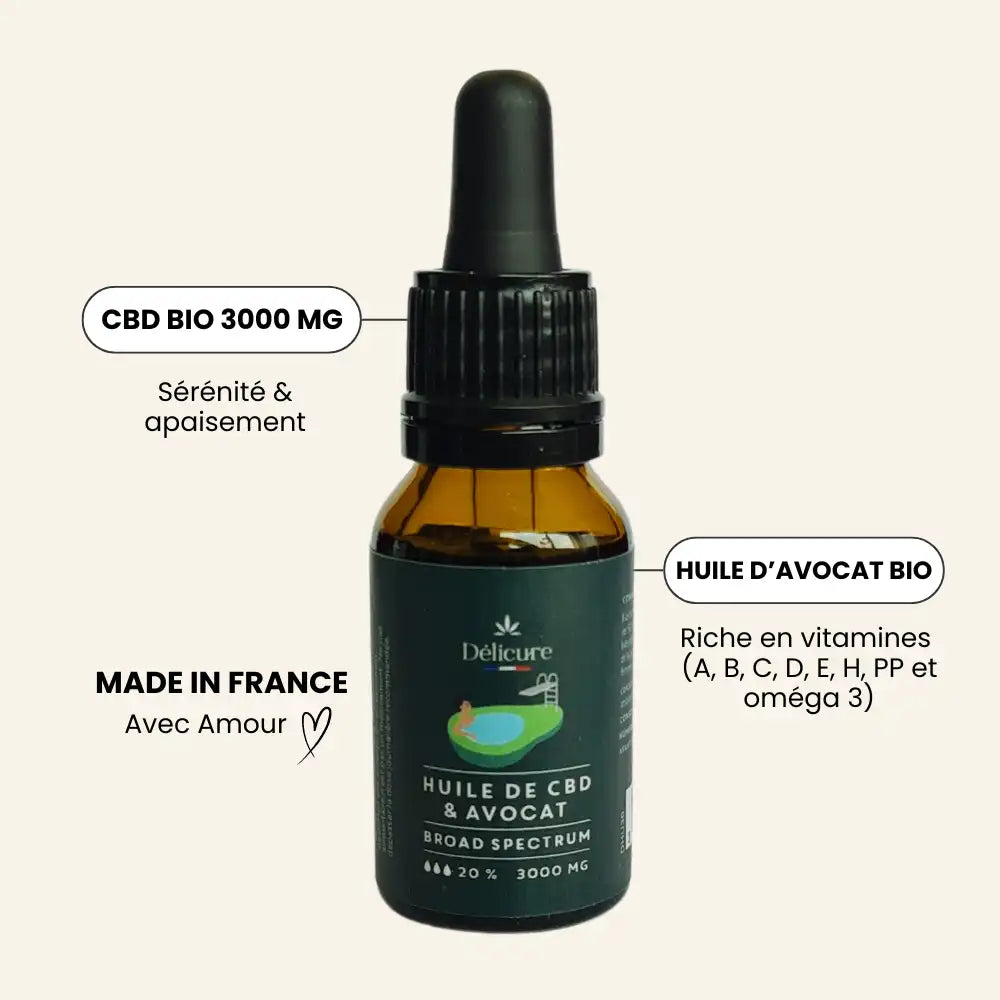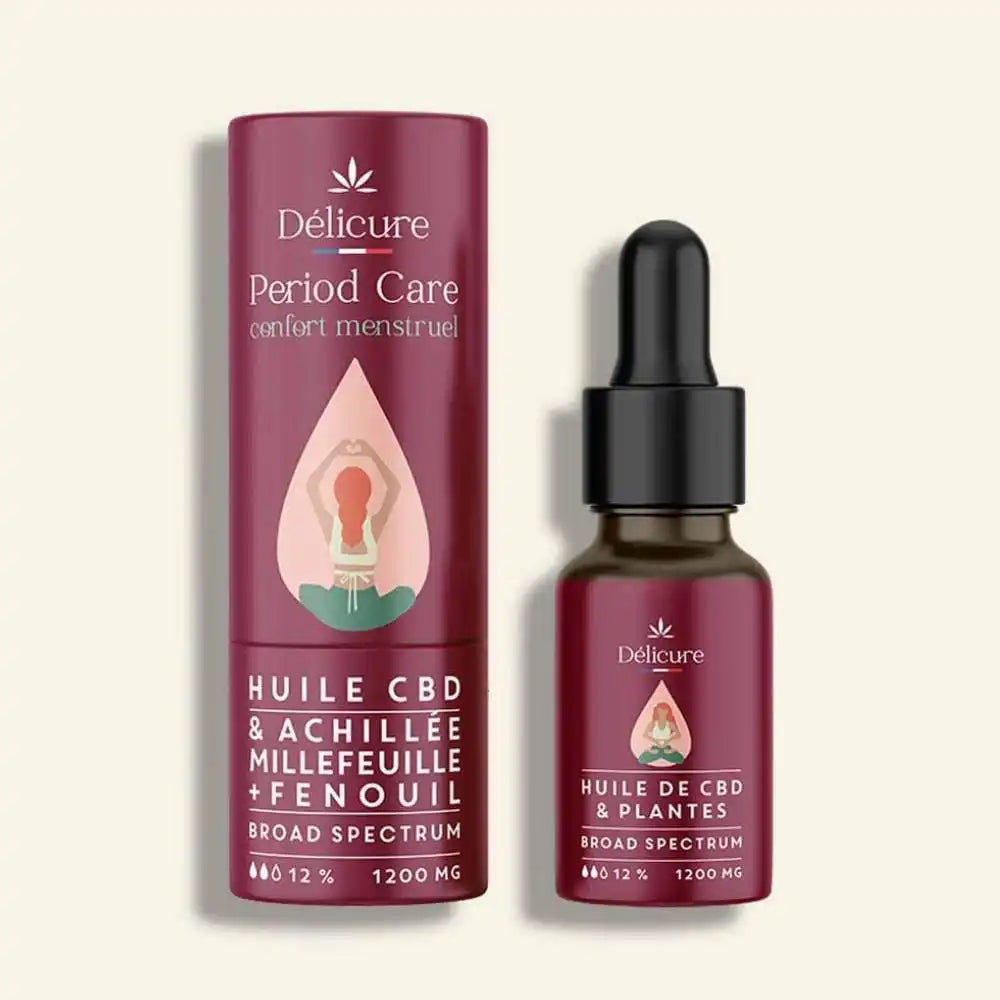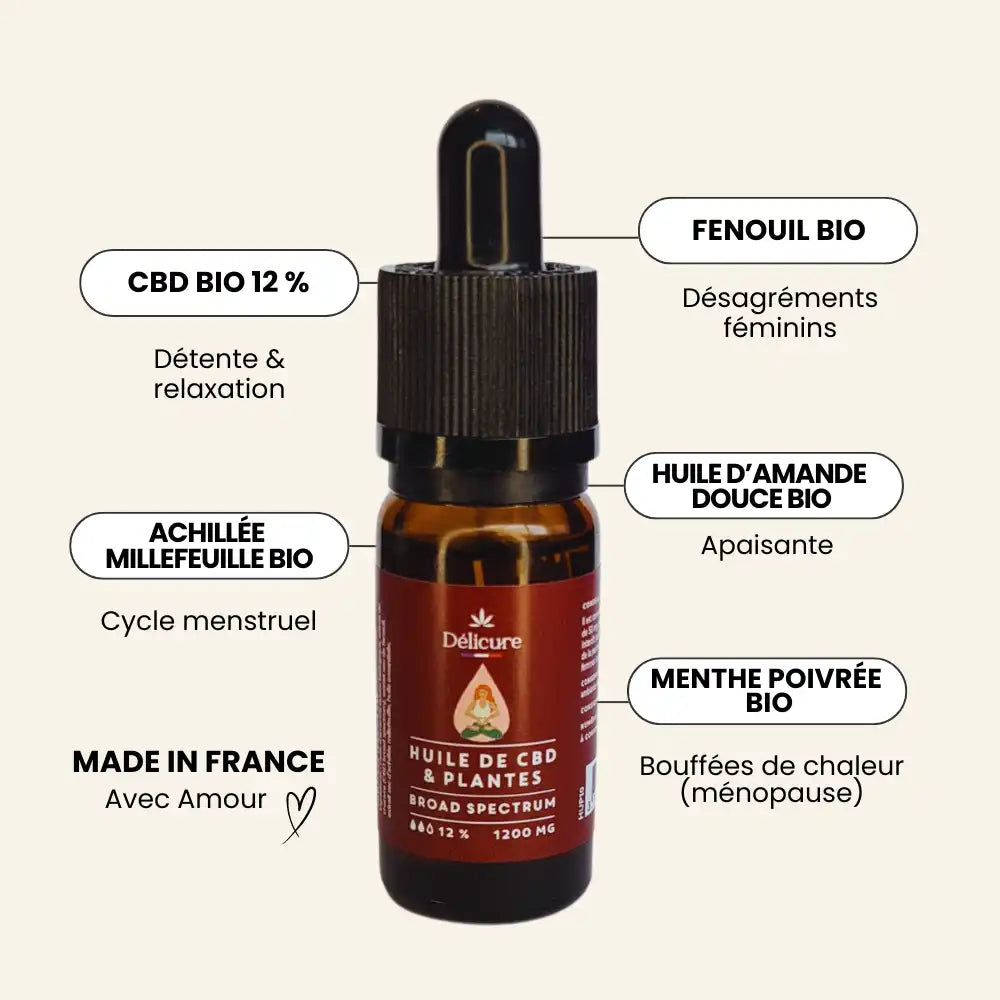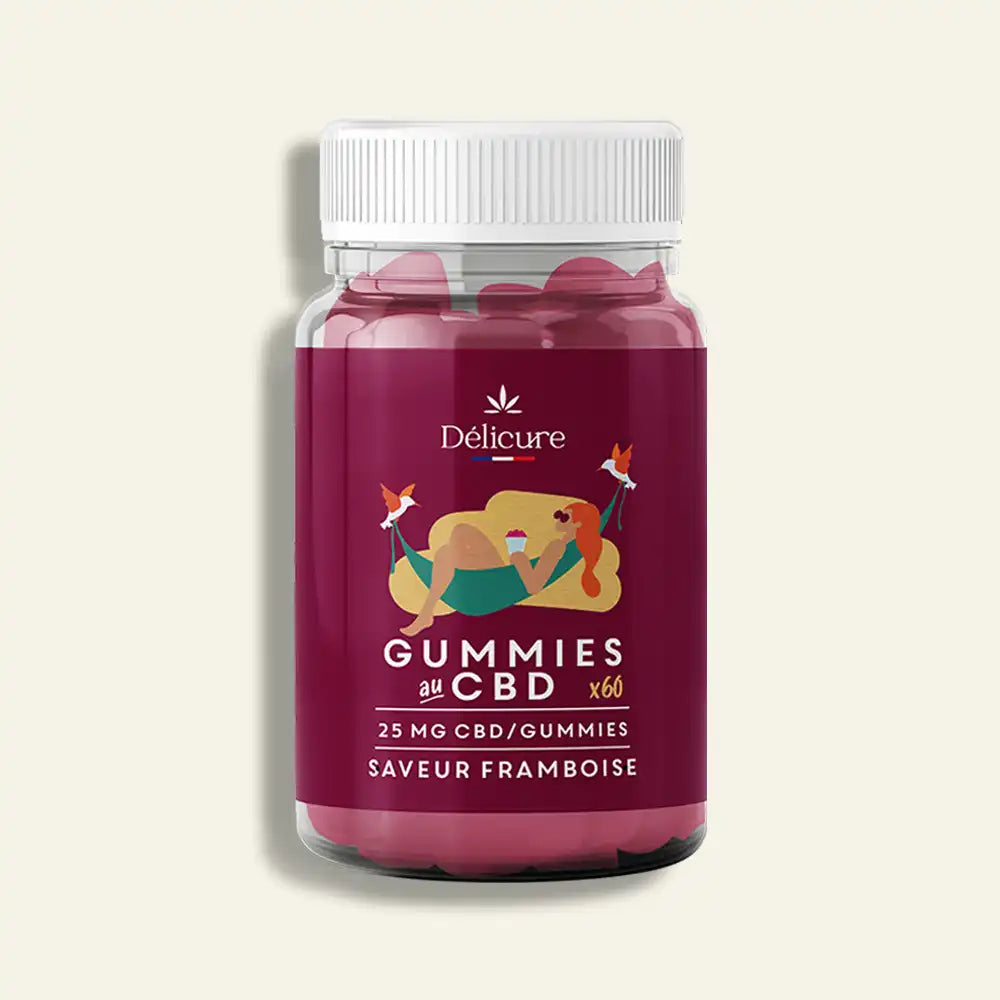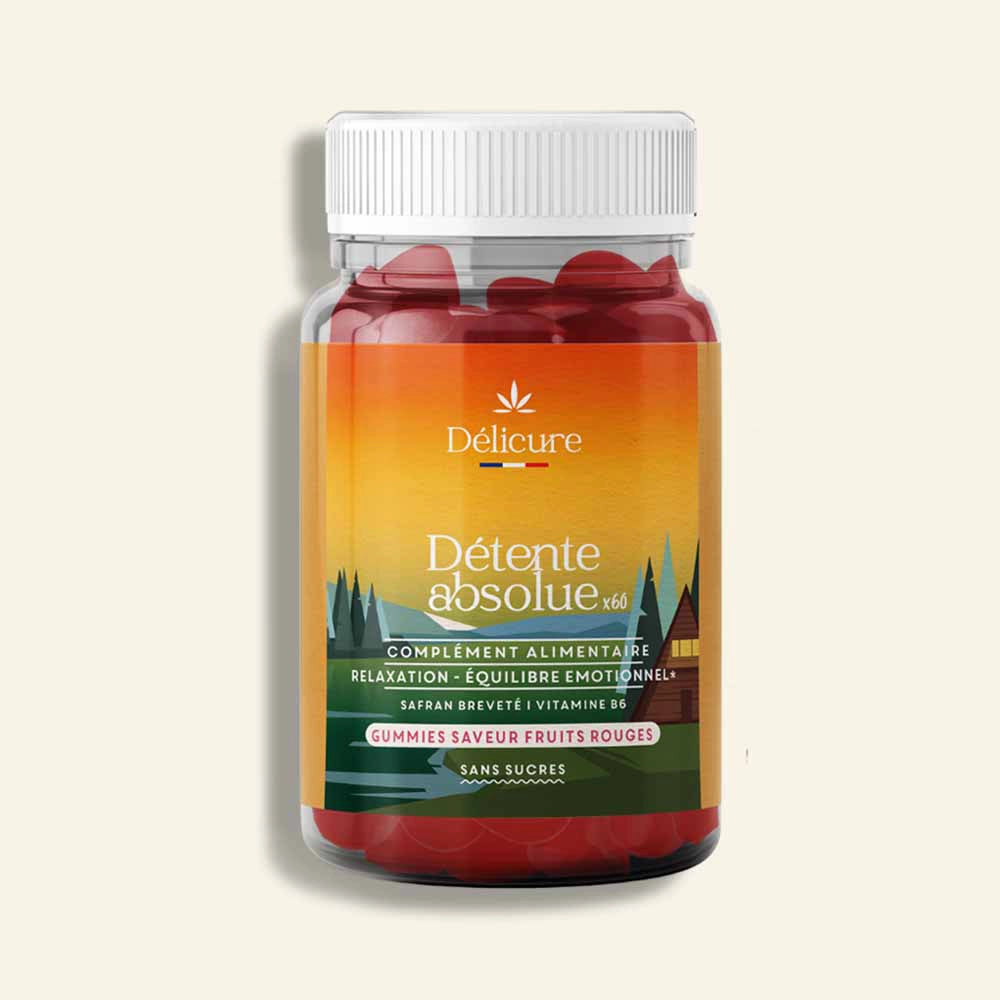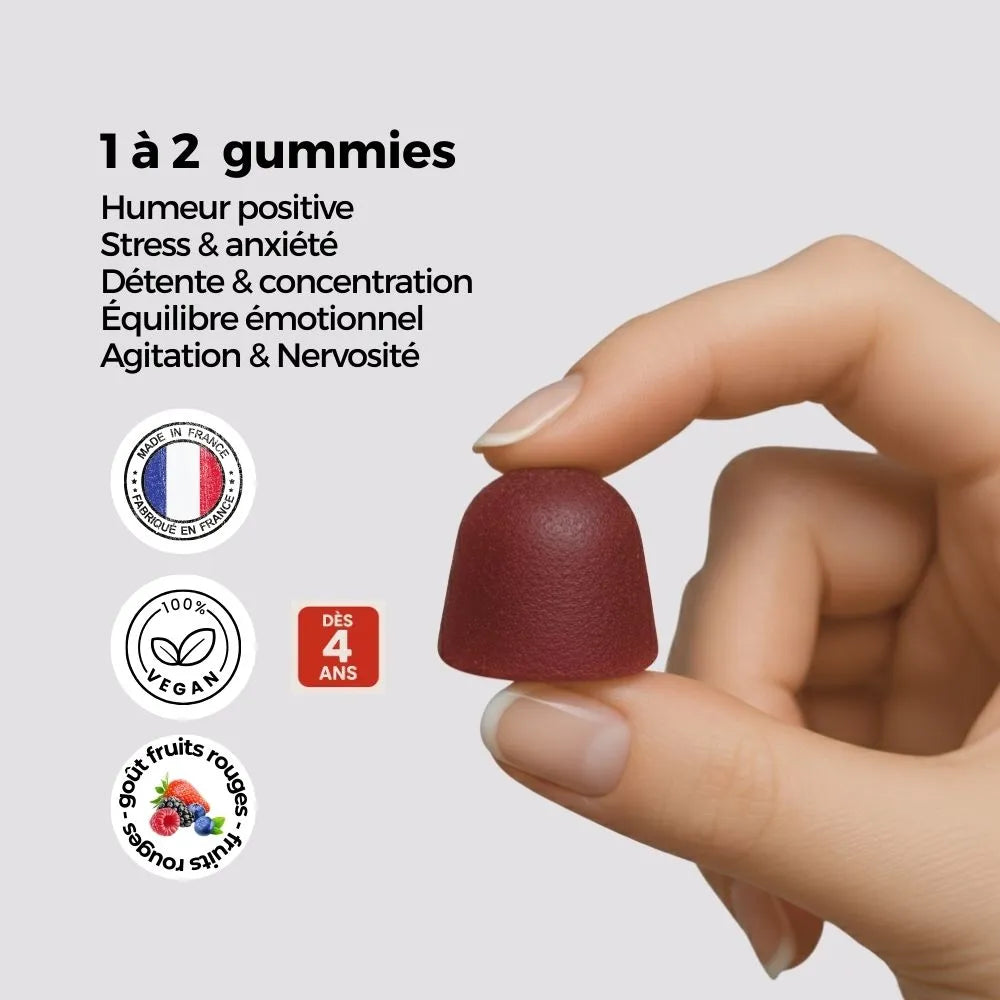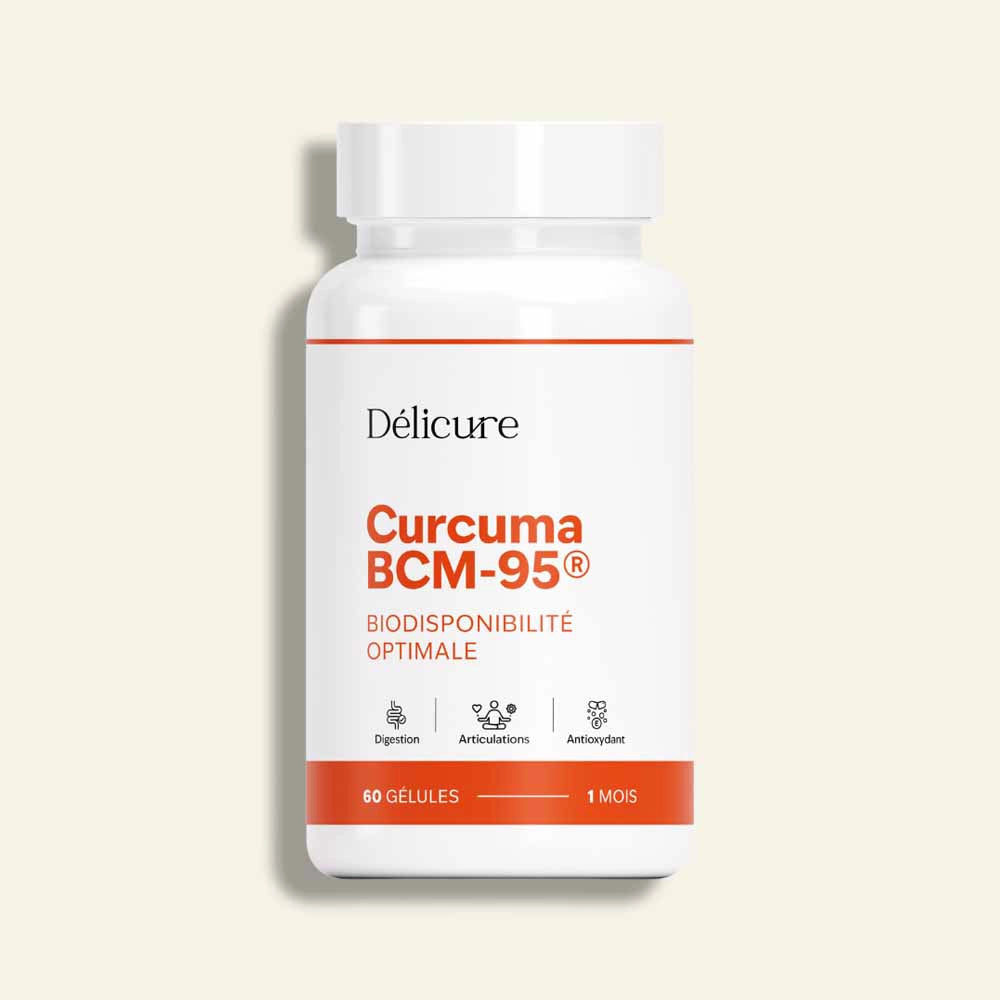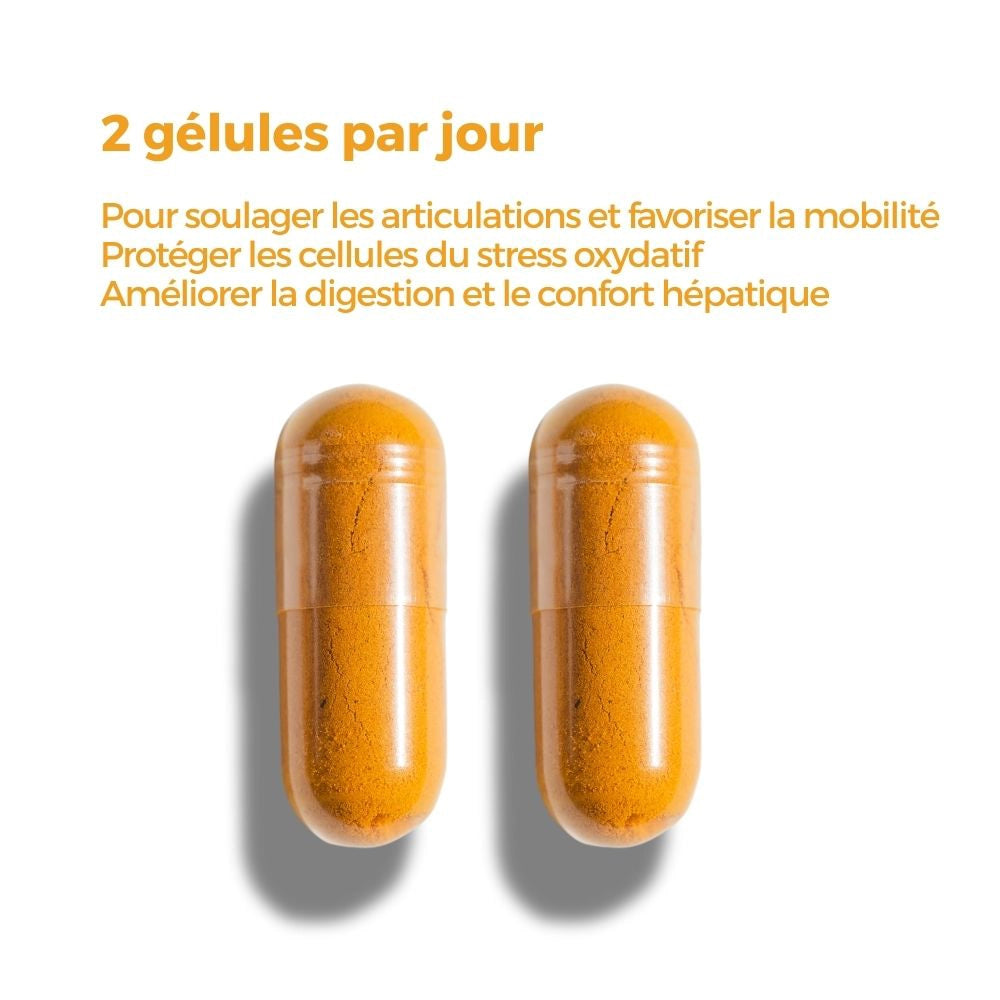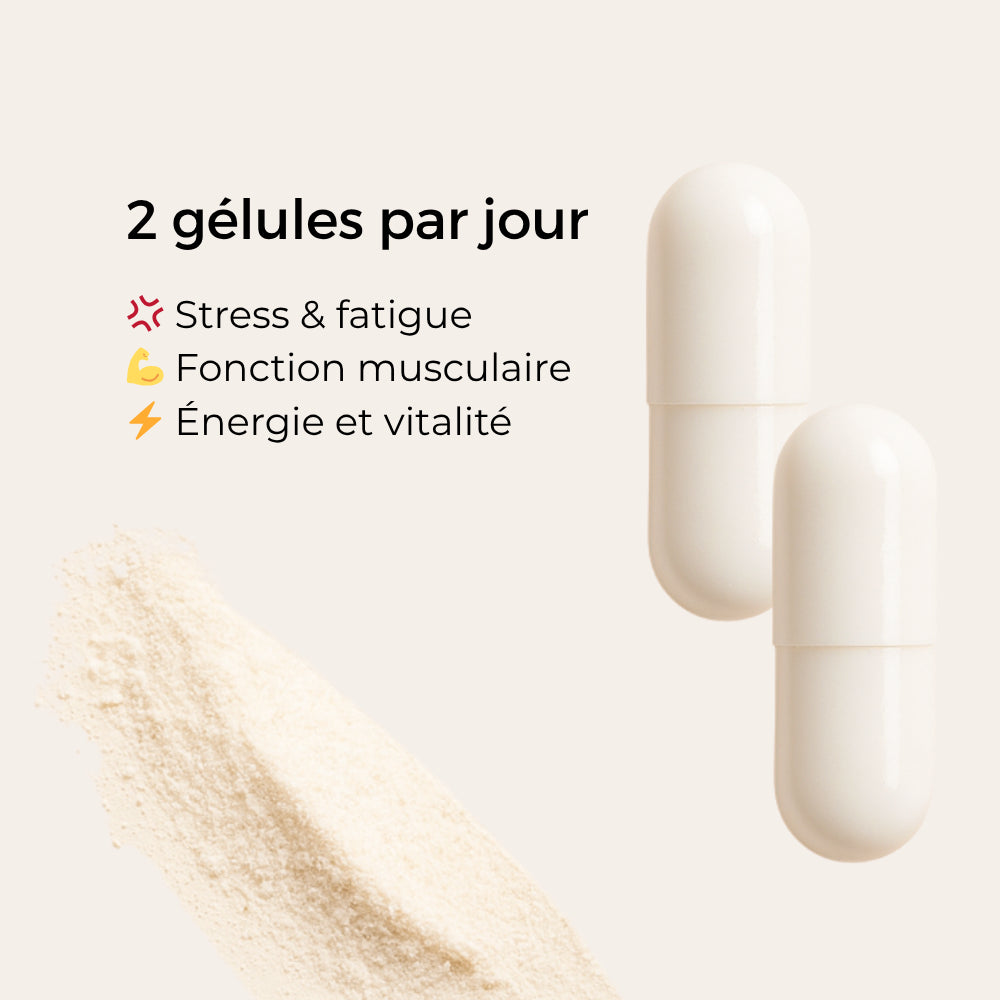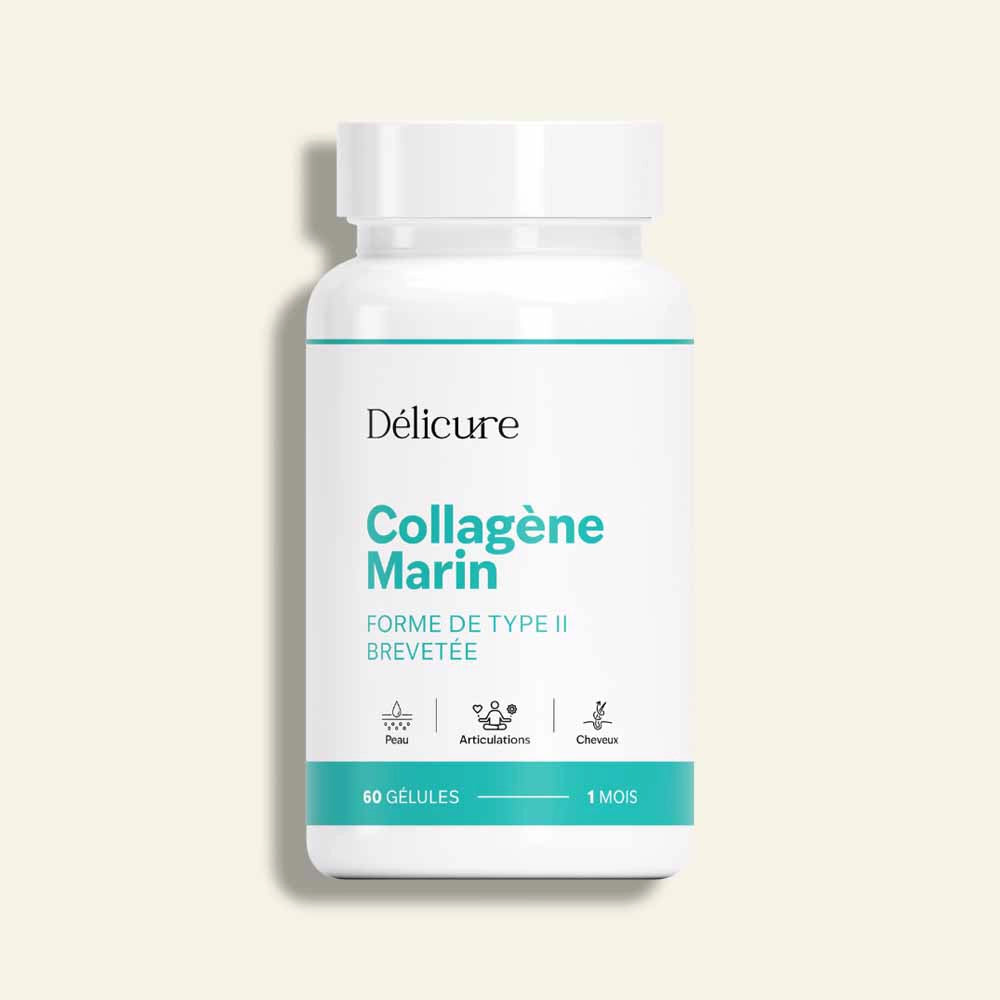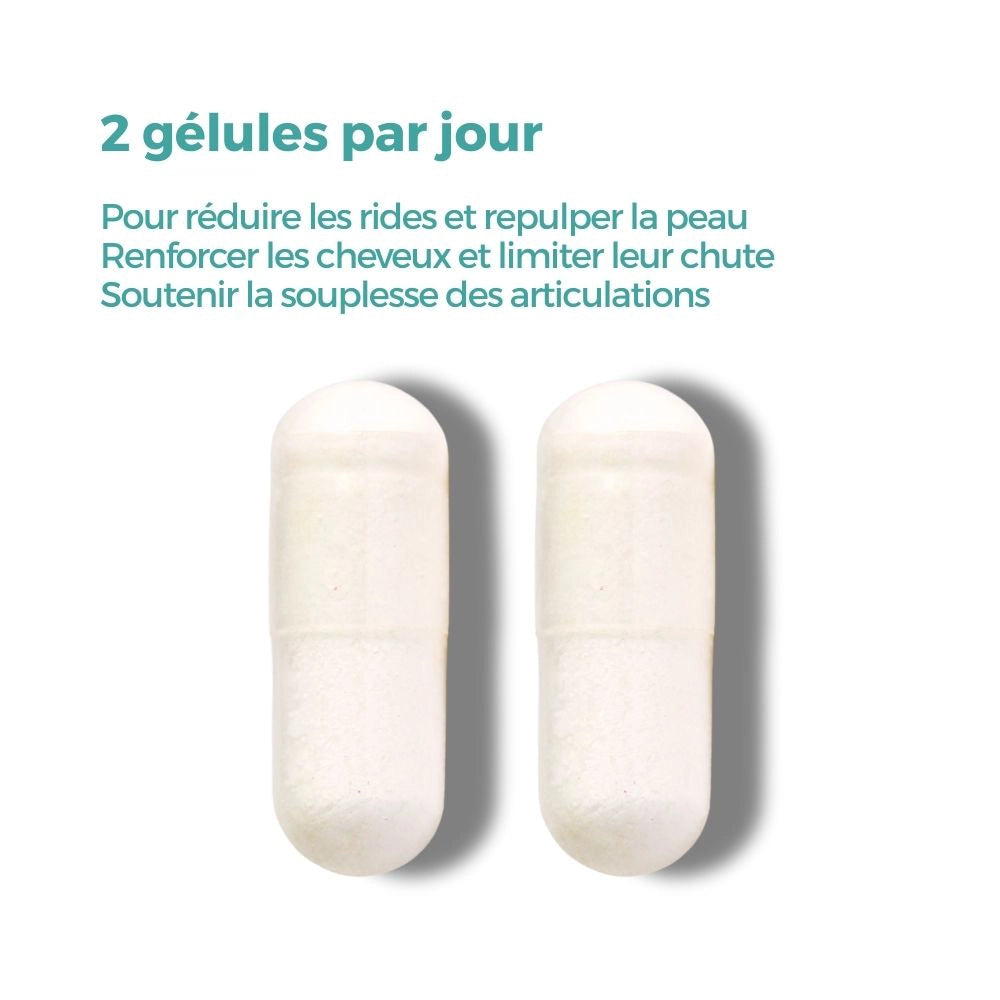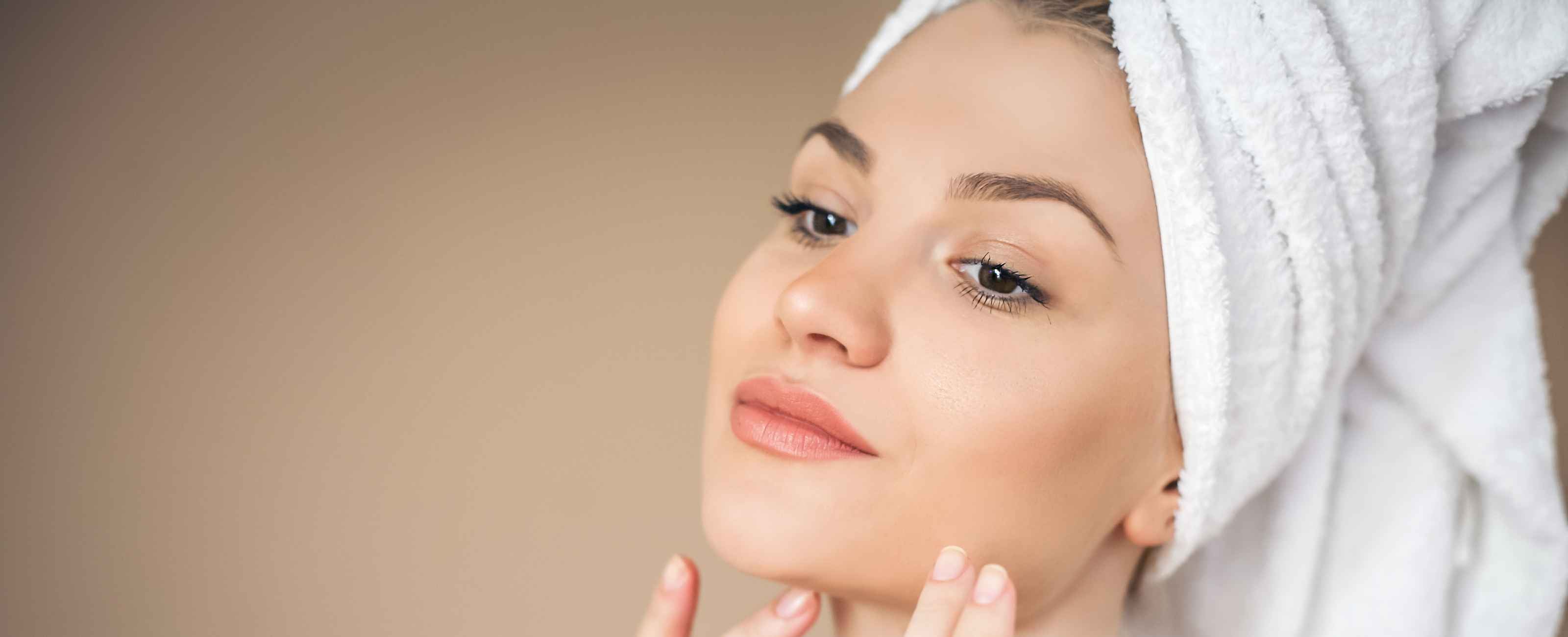
Skin: what is sebum, how to regulate excess?
Sebum is essential for maintaining good skin hydration , provided it is of good quality and produced in the right quantity. When it becomes unbalanced, the skin can become shiny, show signs of aging more easily, and thicken. When it is balanced, it protects, softens, and helps the skin barrier remain supple and comfortable.
Sebum
Sebum is an oily substance secreted by the skin , and more specifically by its sebaceous glands. These glands, located in the dermis (the layer beneath the epidermis), vary in number depending on the area.
They are found in large quantities in the T-zone of the face (forehead, nose, chin): this is why this area often appears shinier and is more prone to blackheads. Conversely, the palms of the hands have virtually no sebaceous glands.
What is the purpose of sebum?

Sebum plays a key role in skin balance and hair vitality. After its production by the sebaceous gland, it travels up a duct to the skin's surface, where it flows out through the pore . From there, it performs several fundamental functions:
- Forming the hydrolipidic film : by mixing with sweat, sebum creates a protective barrier that limits water evaporation and helps the skin to remain supple and comfortable.
- Protecting the skin ecosystem : its fatty acids help maintain a slightly acidic pH, less conducive to the development of unwanted germs.
- Nourishing keratin fibers : sebum uses the same orifice as hair; it lubricates them, gives them shine and protects them from drying out.
What is seborrhea (excess sebum)?
When they become overactive, particularly during puberty, the sebaceous glands can produce more sebum than necessary. This is known as seborrhea . This phenomenon is typical of combination to oily skin and can manifest as: diffuse shine, enlarged pores, blackheads, uneven skin texture, and sometimes a scalp that quickly becomes oily.
Why does sebum become too abundant?
- Hormones : the main cause of excess sebum. Androgens during adolescence or progesterone during pregnancy stimulate the activity of the sebaceous glands; some imperfections and shine are then common.
- Genetics : some skin types are hereditarily oilier. Tobacco, alcohol, fatigue, stress, and environmental factors (sun, wind, pollution) can exacerbate this predisposition.
- Inappropriate cosmetics : overly harsh cleansers damage the skin; in response, it produces more sebum to defend itself.
- High doses of sun : prolonged exposure to the sun first dries out the skin; then the body compensates by overproducing sebum to avoid dehydration.
What are the consequences of excess sebum on the skin?
Beyond shine, excess sebum can clog pores. Dead skin cells are less effectively removed, bacteria proliferate, and this can lead to acne , an inflammation of the pilosebaceous follicle. Shiny, uneven skin can then become more sensitive and reactive.
Gentle tips for regulating sebum production
The goal is not to "dry out" the skin, but to balance it. A holistic approach (lifestyle, appropriate skincare, simple steps) offers lasting results while respecting the skin barrier.
1. Nutrition & Hydration: Nourishing the Skin from Within
Balance starts on your plate. For skin that breathes and finer sebum:
- Prioritize vitamins B6, A, E, omega-3 and zinc (oily fish, eggs, colorful vegetables, oilseeds, whole grains).
- Limit fast-acting sugars and unhealthy fats that perpetuate inflammation.
- Drinking 1.5 to 2 liters of water per day: dehydrated skin can… overproduce sebum.
2. Minimalist and effective skincare routine
- Gentle cleansing morning and evening : a non-stripping, pH-balanced gel or lotion. Once a week, a very fine scrub to smooth without irritating.
- Morning : a light cream with sebum-regulating active ingredients to gently mattify.
- Evening : a formula with AHAs (fruit acids) to refine skin texture and limit blackheads.
- Essential hydration : yes, even for oily skin! Fluid, non-comedogenic textures help the skin to rebalance itself.
- Scalp : in case of seborrhea, choose a shampoo specifically for oily hair and gradually space out washes.
3. Let the skin breathe
One day a week without makeup allows pores to relax and skin to regain comfort; the complexion appears fresher, and shine is soothed.
4. Stress Management & Lifestyle
Stress can modulate hormonal activity and sebum quality. Deep breathing, regular sleep, and gentle activity (walking, yoga): these habits soothe the mind and are reflected on the skin.

Supplements & skin: support for balance
When lifestyle and skincare are well established, targeted supplementation can support skin health over the long term. To review the format, here are the advantages and disadvantages of gummies (compared to other forms).
Focus on Collagen Delicure – skin beauty
Collagen is an essential protein in the skin matrix: it contributes to the firmness and support of tissues. With age, its renewal slows down; supporting this supply can contribute to smoother, more comfortable skin.
Délicure offers products for beautiful skin containing patented collagen, a formula designed for everyday use, easy to integrate into your wellness routine. Combined with a balanced diet and appropriate skincare, it gently supports the skin's beauty from within.
To regain healthy skin , think "consistency": gentle actions, hydration, controlled sun protection, and regularity in your routine.
When should you consult a professional?
If excess sebum becomes significant, if inflammatory lesions appear (pain, nodules, scars), or if it affects your mood, a dermatological consultation is recommended. The specialist will be able to offer a personalized, gradual, and skin-friendly treatment plan.
In short: balance, not struggle
Sebum isn't the enemy; it's an ally that needs to be worked with. By adopting simple habits, gentle cosmetics, and a healthy lifestyle, your skin will gradually return to its natural rhythm. To learn more, you can consult a general information guide on skin and its protective barrier at [website address].
Take care of your skin gently: one step at a time, it will reward you.
FAQ — Sebum, combination to oily skin & soothing routine
Is sebum "bad" for the skin?
No! Sebum protects, lubricates, and contributes to hydration by forming the hydrolipidic film. Only an excess of it can become uncomfortable. The goal is to balance it, not eliminate it.
How to cleanse oily skin without damaging it?
Choose a gentle, pH-balanced cleanser for use morning and evening. Avoid harsh formulas; they stimulate sebum production. A very gentle scrub once a week is sufficient.
Does diet play a role in excess sebum?
A diet rich in vitamins (A, E, B6), zinc and omega-3, with limited fast sugars, can contribute to better skin comfort.
Does the sun really improve oily skin?
Deceptive effect: sun exposure initially dries out the skin, then often triggers a rebound of sebum production. Appropriate protection and moderate sun exposure are better.
Can Cartidyss® Collagen be integrated into my routine?
Yes, Cartidyss® Collagen fits easily into a comprehensive routine: a balanced diet and gentle, regular skincare. It supports skin beauty from within, complementing a suitable lifestyle.



